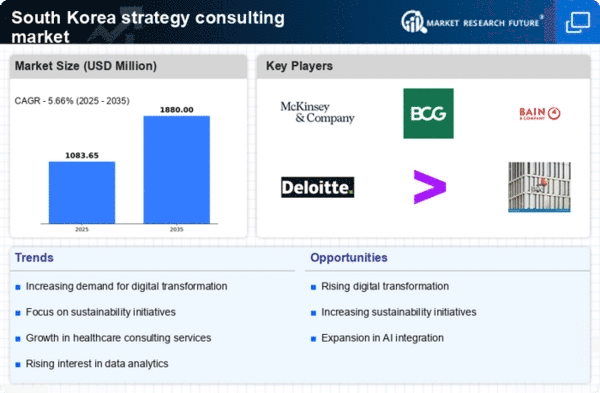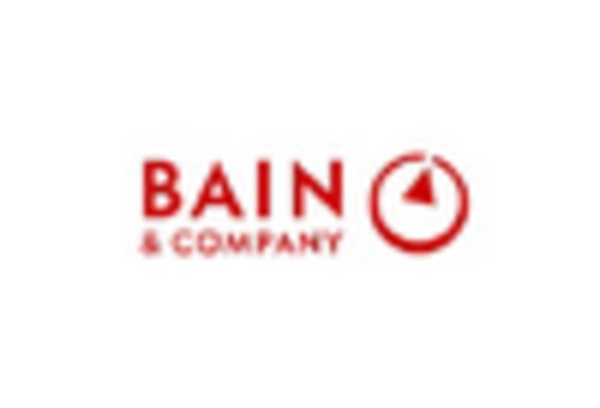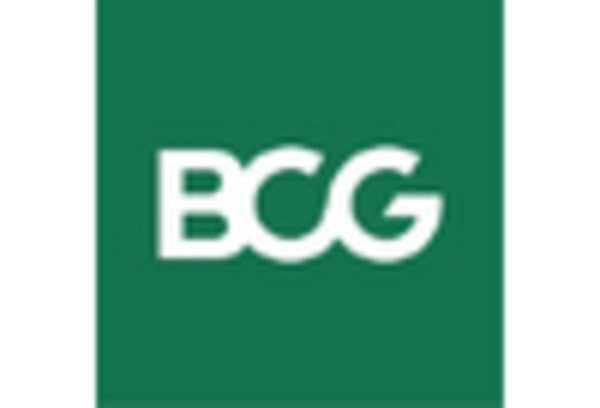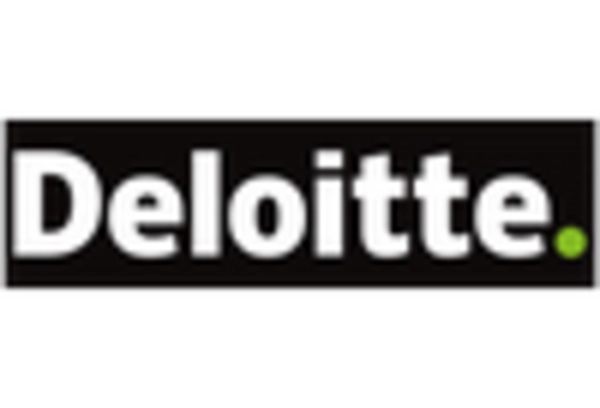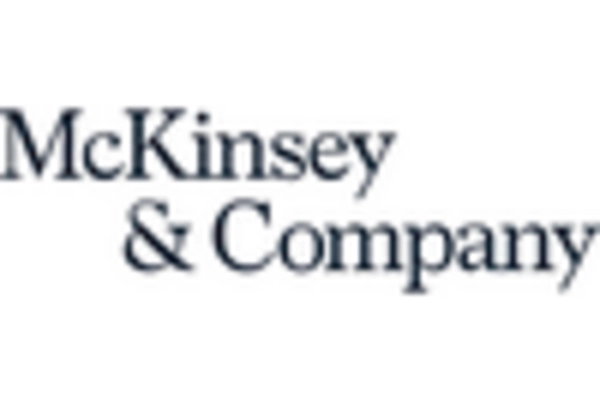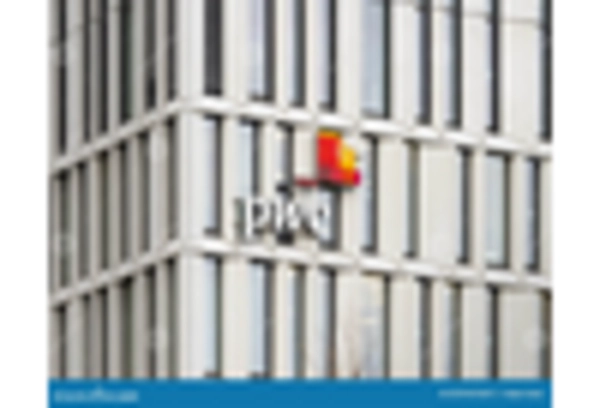Regulatory Changes
The evolving regulatory landscape in South Korea significantly impacts the strategy consulting market. Recent reforms aimed at enhancing corporate governance and compliance have created a demand for specialized consulting services. Firms are increasingly turning to consultants to ensure adherence to new regulations, which may include data protection laws and environmental standards. In 2025, the consulting market related to regulatory compliance is projected to grow by 15%, driven by the need for businesses to mitigate risks associated with non-compliance. This trend underscores the importance of strategy consultants in helping organizations navigate complex legal frameworks and implement effective compliance strategies.
Market Globalization
The strategy consulting market in South Korea is influenced by the ongoing trend of market globalization. As South Korean companies expand their operations internationally, they require strategic insights to successfully enter foreign markets. This globalization trend is expected to drive a 10% increase in demand for consulting services focused on international market entry strategies. Consultants play a crucial role in providing market analysis, cultural insights, and risk assessments, which are essential for businesses looking to thrive in diverse environments. The ability to adapt strategies to different cultural contexts is becoming increasingly vital, positioning consultants as key partners in this global expansion.
Increased Competition
The strategy consulting market in South Korea is witnessing intensified competition among firms, prompting a shift in service offerings. As more players enter the market, established consulting firms are compelled to innovate and differentiate their services. This competitive landscape is likely to lead to a 12% growth in demand for niche consulting services, such as specialized industry expertise and tailored solutions. Clients are seeking consultants who can provide unique insights and strategies that address their specific challenges. Consequently, the ability to offer customized consulting services is becoming a critical factor for success in the strategy consulting market.
Focus on Sustainability
The strategy consulting market in South Korea is increasingly aligning with sustainability initiatives as businesses recognize the importance of environmental responsibility. Companies are seeking consultants who can guide them in developing sustainable practices and integrating corporate social responsibility into their strategies. This focus on sustainability is projected to drive a 14% growth in consulting services related to environmental strategy and sustainability reporting. As organizations strive to meet consumer expectations and regulatory requirements, the demand for expertise in sustainable business practices is likely to rise, positioning consultants as essential partners in this transition.
Technological Advancements
The strategy consulting market in South Korea is experiencing a notable surge due to rapid technological advancements. Companies are increasingly seeking expert guidance to navigate the complexities of digital tools and platforms. The integration of artificial intelligence (AI) and data analytics into business operations is reshaping traditional consulting practices. In 2025, it is estimated that the market for AI-driven consulting services could reach approximately $1.5 billion, reflecting a growth rate of around 20% annually. This trend indicates a strong demand for consultants who can provide insights on leveraging technology for competitive advantage. As organizations strive to enhance operational efficiency and customer engagement, the role of strategy consultants becomes pivotal in facilitating this transformation.


